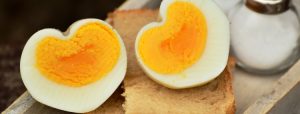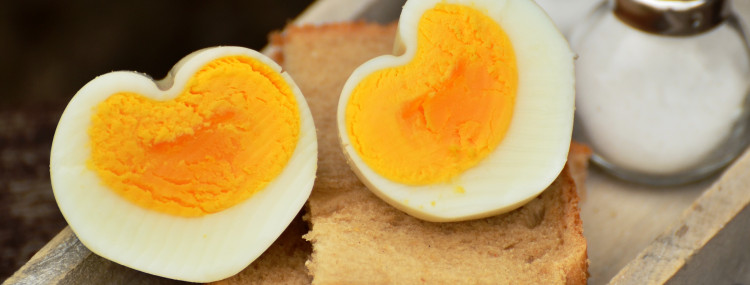Suresh Chitturi : Vice-Chairman & Managing Director of Srinivasa Farms Private Limited & Vice Chairman of International Egg Commission (IEC)
by Suman Gupta
 Almost 18 million people die from cardiovascular disease every year, accounting for 31 percent of deaths worldwide. Eighty percent of CVD deaths are from heart attacks and strokes, according to the World Health Organization and in India Deaths due to cardiovascular disease is on the rise, causing more than one quarter of all deaths in the country affecting rural populations and young adults the most. In the year 201 death rate rose by around 34 per cent from 155.7 to 209.1 deaths per one lakh population due to CVD
Almost 18 million people die from cardiovascular disease every year, accounting for 31 percent of deaths worldwide. Eighty percent of CVD deaths are from heart attacks and strokes, according to the World Health Organization and in India Deaths due to cardiovascular disease is on the rise, causing more than one quarter of all deaths in the country affecting rural populations and young adults the most. In the year 201 death rate rose by around 34 per cent from 155.7 to 209.1 deaths per one lakh population due to CVD
In the background its welcoming that a recent study suggested and found people who ate one egg per day were 18 percent less likely to die from cardiovascular disease, compared to adults who did not consume eggs.
Cardiovascular disease, also called heart disease, manifests itself as heart attacks and heart failure, strokes, arrhythmias and heart valve problems, such as stenosis and prolapse, according to the American Heart Association.
The study found people who ate one egg per day had a 26 percent lower risk of hemorrhagic stroke and a 28 percent lower risk of dying from this type of stroke. Additionally, daily egg consumers had a 12 percent lower risk of ischemic heart disease.
“eggs contain high amounts of cholesterol, which was thought to be harmful. In the past, doctors cautioned people from eating too many. However, eggs also contain protein and are rich in nutrients.. Whole eggs are a perfect food with almost every essential mineral and vitamin needed by our body. It is one of the few foods that have vitamin D. Whole eggs are full of B vitamins, omega 3 fatty acids, B6, B12, folate and choline, all of which are associated with protecting heart” says Suresh Chitturi : Vice-Chairman & Managing Director of Srinivasa Farms Private Limited & & Vice Chairman of International Egg Commission (IEC)

